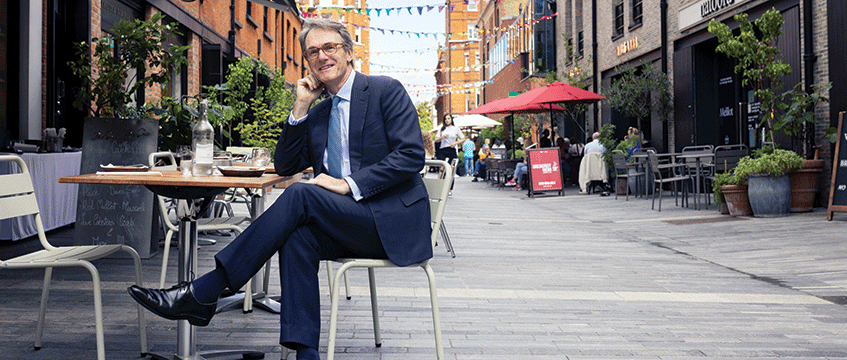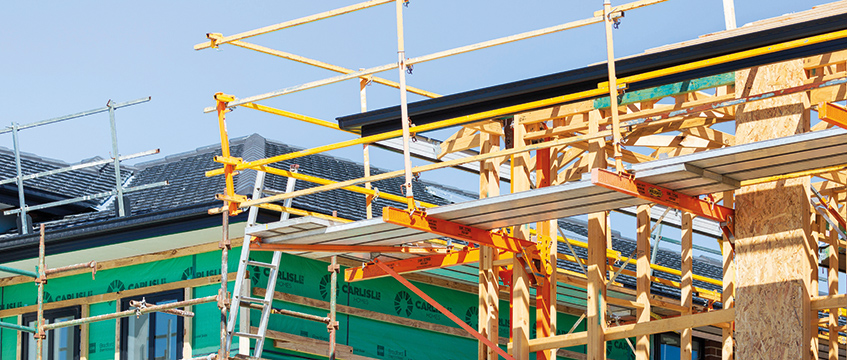Chelsea’s Cadogan Estate has nearly returned to pre-pandemic income, despite “the macro headwinds of 2021″.
Chief executive Hugh Seaborn said: “Despite some of the most challenging trading conditions in living memory, the business is in robust health with a strong balance sheet supported by tight cost control, high liquidity and long-term funding. This allows us to drive forward our strategies of enhancing Chelsea further as a captivating destination, while supporting the community both now and in the future.”
Total income increased by 4.8% to £169m, up from £161m in 2020 and just behind 2019’s £171m.
The value of the property portfolio has stabilised at £4.8bn, following cumulative reductions over the previous two years. The commercial portfolio is unchanged at £3.3bn, while residential increased in value by 1.7%.
But retail, which forms the bulk of the estate, accounting for 43.2% of the portfolio gross value, further decreased in value by 1.4% to £2.1bn, following a 24.6% fall in 2020.
Retail gross rental income decreased by 5.5% to £80.6m pa, or 48.8% of the total £160m rent roll.
However, Cadogan was heartened by low vacancy rates, 20 new retail and leisure signings, and rising footfall, which has consistently outperformed central London over the past year, despite pandemic restrictions and the outbreak of the Omicron variant.
Seaborn added: “Footfall is exceeding pre-pandemic levels, reflecting the resilience of Chelsea as a destination, coupled with the prompt and decisive action the business took to maintain occupation levels through targeted support, signing exciting new occupiers and pop-ups, external animations such as 900 new al fresco seats and a programme of outdoor events. All of this has contributed to maintaining the vibrancy of the area.”
The estate is also on track with its Chelsea 2030 strategy launched last summer, including the commitment to be net zero by 2030. There has been a 26% reduction in total emissions since the baseline year of 2019, a 12% increase of green space in accordance with the GLA’s Urban Greening Factor and 7% increase in the estate’s operational recycling rate.
But despite the seemingly calm waters, Seaborn has his eyes on the headwinds on the horizon, citing “the economic uncertainty presented by geo-political events, including the invasion of Ukraine and the cost-of-living crisis which will impact upon consumer spending”. However, he said the year provided Cadogan with “a strong platform”.
To send feedback, e-mail piers.wehner@eg.co.uk or tweet @PiersWehner or @EGPropertyNews











